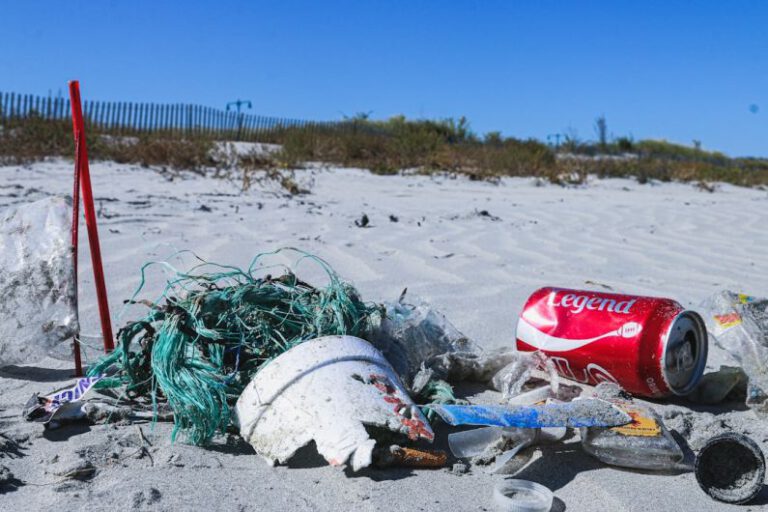The Benefits of Slow Travel and How to Do it
In a world that’s constantly moving at a fast pace, the concept of slow travel offers a refreshing alternative for those seeking a deeper and more meaningful travel experience. Slow travel is not just about ticking off destinations on a bucket list; it’s about immersing yourself in the local culture, savoring each moment, and truly connecting with the places you visit. This deliberate approach to travel not only benefits the traveler but also the destinations themselves. In this article, we’ll explore the benefits of slow travel and provide tips on how to incorporate it into your next journey.
Embracing a Slower Pace
Slow travel encourages a shift away from the rush and stress of traditional tourism. Instead of trying to cram as many attractions as possible into a short period, slow travelers take the time to appreciate the small details and nuances of a place. By slowing down, you can engage more deeply with your surroundings, allowing for a richer and more authentic travel experience.
Cultural Immersion
One of the key benefits of slow travel is the opportunity it provides for cultural immersion. When you spend more time in one location, you have the chance to interact with locals, learn about their way of life, and participate in community activities. Whether it’s attending a traditional festival, taking a cooking class, or simply striking up a conversation with a resident, slow travel allows you to form genuine connections that go beyond the surface level.
Reduced Environmental Impact
By staying longer in one place, slow travelers can reduce their carbon footprint compared to those who hop from one destination to another in quick succession. Less frequent flying and long-haul transportation means lower emissions, making slow travel a more sustainable choice for environmentally conscious travelers. Additionally, supporting local businesses and staying in accommodations that prioritize eco-friendly practices can further minimize the impact on the environment.
Enhanced Well-Being
The slower pace of slow travel also has positive effects on mental health and well-being. Rushing from one attraction to another can lead to burnout and a sense of disconnection from the places you visit. On the other hand, taking the time to relax, reflect, and fully engage with your surroundings can promote mindfulness and a greater sense of inner peace. Slow travel allows you to recharge and return from your trip feeling rejuvenated rather than exhausted.
Tips for Embracing Slow Travel
Now that you understand the benefits of slow travel, here are some practical tips for incorporating this approach into your next adventure:
– Choose a Few Key Destinations: Instead of trying to see everything in one trip, pick a few key destinations and spend more time exploring each one in depth.
– Use Sustainable Modes of Transport: Opt for trains, buses, or bicycles when moving between locations to reduce your environmental impact and enjoy the journey.
– Stay in Local Accommodations: Choose homestays, guesthouses, or small boutique hotels run by locals to support the community and immerse yourself in the culture.
– Engage with Locals: Strike up conversations with residents, join a guided tour led by a local guide, or participate in community events to gain a deeper understanding of the destination.
– Embrace Slow Activities: Instead of rushing from one attraction to another, take the time to enjoy leisurely activities such as picnicking in a park, browsing a local market, or simply people-watching.
Incorporating these tips into your travel plans can help you embrace the benefits of slow travel and create lasting memories that go beyond the typical tourist experience. By taking a step back, slowing down, and immersing yourself in the present moment, you can truly appreciate the beauty and richness of the places you visit. So, why not give slow travel a try on your next journey and see where the path less traveled leads you?






